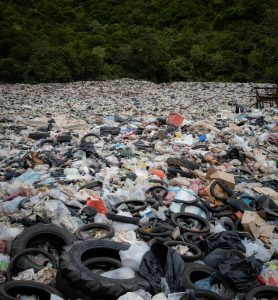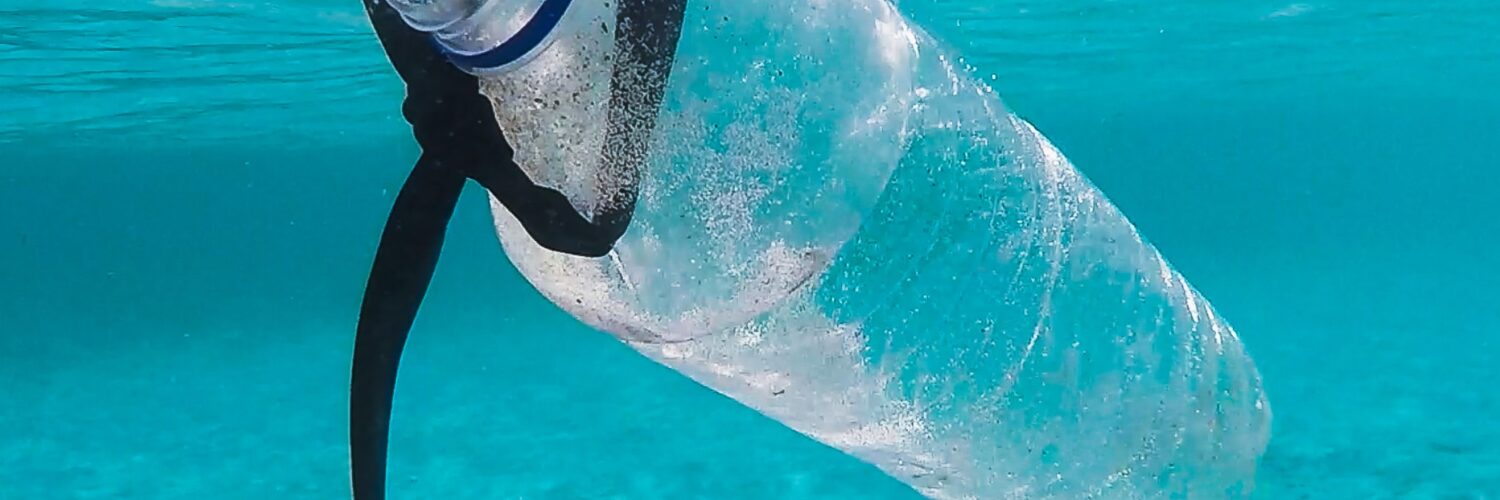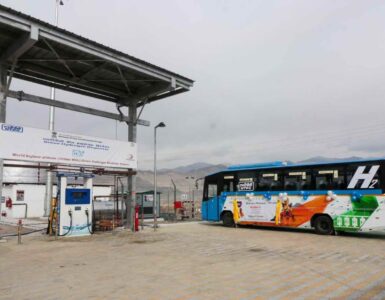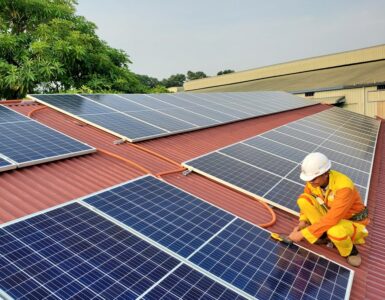The Ocean Cleanup has completed mapping of all waterways in Mumbai as the company prepares for its first deployment of an Interceptor to remove ocean-bound plastic pollution.
The environmental company analysed the waterways to determine the trash flowing into them, identified the local environment, and deployed GPS trackers to understand the trajectory of plastic waste.
The bustling financial city of Mumbai has four rivers, Dahisar, Mithi, Oshiwara, and Poisar, which flow into the Arabian Sea. However, due to unregulated economic activities, industrial growth, unplanned urbanisation, and inappropriate waste management practices, these rivers have become drains.
Eliminating Plastic Pollution in Mumbai

In October 2024, a Netherlands-based company, The Ocean Cleanup, along with its local partner Bharat Clean Rivers Foundation, entered into a Memorandum of Understanding (MoU) with the Maharashtra Pollution Control Board.
The agreement to develop methods to eliminate plastic pollution in Mumbai from entering the ocean through the city’s waterways.
Mumbai is just one of many cities where The Ocean Cleanup, the international non-profit, is working to intercept and remove ocean-bound plastic pollution.
The company plans to scale its trademarked Interceptor solutions across 30 cities in Asia and the Americas through the 30 Cities Program. They aim to eliminate up to one-third of all plastic flowing from the world’s rivers into the ocean before the end of the decade.
This evolution follows five years of learning through pioneering deployments across 20 of the world’s most polluting rivers and represents a key next step in the organisation’s mission and the global fight against ocean plastic pollution.
With the 30 Cities Program, The Ocean Cleanup will transition from single-river deployments to citywide solutions, tackling the plastic-emitting waterways within each selected city.
This follows a key learning from deployments in Kingston, Jamaica, which showed it is possible to scale faster when projects encompass whole cities, as the same set of partners can be involved with all deployments.
To date, The Ocean Cleanup has already prevented over 29 million kilograms of trash from reaching the ocean. The organisation currently intercepts an estimated 1–3 per cent of global river-borne plastic emissions.
With the first 20 river deployments close to being fully operational, it is now poised to reduce the plastic pollution flowing into the ocean from rivers by up to a third.
“When we take on an entire city, instead of individual rivers, we can scale faster, reduce costs, and maximise impact,” said Boyan Slat, Founder and CEO of The Ocean Cleanup.
“Our analysis shows that strategically deploying Interceptors across just 30 carefully chosen cities can stop up to a third of river plastic pollution worldwide. This is the next big leap toward our ultimate goal of a 90 per cent reduction in global ocean plastic pollution.”
Apart from cleaning plastic pollution in Mumbai, the organisation is developing plans to expand its existing work to all polluting rivers in·Panama, Manila, Philippines; Montego Bay, Jamaica, Jakarta, Indonesia; Kuala Lumpur, Malaysia; Bangkok, Thailand and Los Angeles, U.S.A.
Before Interceptors are deployed, there is an intensive analysis phase. Aerial drones, AI-powered image analysis, and GPS-tagged “dummy” plastics are used to chart every visible waterway and track how waste moves from streets to sea. These real-time insights guide optimal Interceptor placement and provide a public baseline against which progress can be measured.
Alongside intercepting new plastic, the 30 Cities Program will also remove debris from nearby coasts, mangroves, and coral reefs.
This twin-track approach—shutting off the tap while clearing the legacy pollution—enables The Ocean Cleanup to achieve long-term impact, which includes the restoration of fish nursery habitats, boosting coastal tourism, and strengthening natural storm surge defences for local communities.
Alongside local partners, the organisation also advocates for improvements in waste management and awareness raising amongst communities.






Add comment